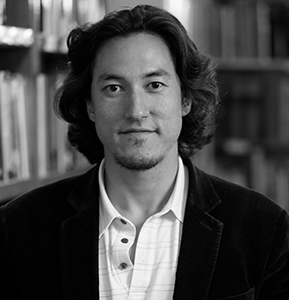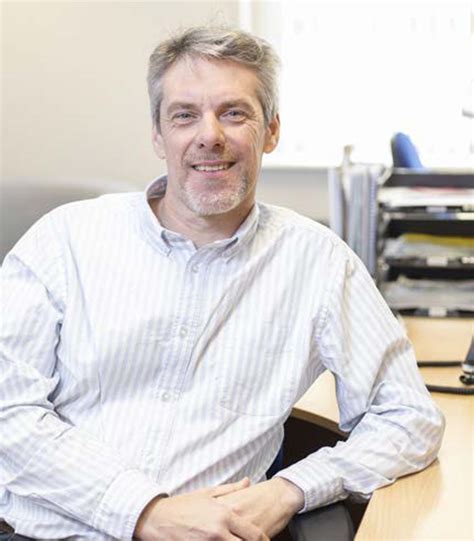A Quote by Guy Pearce
To work in America or other places is more about curiosity, because I'm dealing with cultures and sensibilities that I don't really know. So I'm having to sort of investigate them, which I'm fascinated in, but it comes from a place of curiosity rather than a real need to get something out of my system.
Related Quotes
Children, be curious. Nothing is worse (I know it) than when curiosity stops. Nothing is more repressive than the repression of curiosity. Curiosity begets love. It weds us to the world. It's part of our perverse, madcap love for this impossible planet we inhabit. People die when curiosity goes. People have to find out, people have to know.
Curiosity is unknown. All adults were once kids and once curious, but as adults you don't remember that and you see curiosity when it's expressed in children as a pathway to household disaster. They're simply exploring their environment, manifesting their curiosity. So what you need to do is create an environment where curiosity is rewarded rather than punished, or thwarted.
Learning to explain phenomena such that one continues to be fascinated by the failure of one's explanations creates a continuing cycle of thinking, that is the crux of intelligence. It isn't that one person knows more than another, then. In as sense, it is important to know less than the next person, or at least to be certain of less, thus enabling more curiosity and less explaining away because one has again encountered a well-known phenomenon. The less you know the more you can find out about, and finding out for oneself is what intelligence is all about.
The gratification of curiosity rather frees us from uneasiness than confers pleasure; we are more pained by ignorance than delighted by instruction. Curiosity is the thirst of the soul; it inflames and torments us, and makes us taste every thing with joy, however otherwise insipid, by which it may be quenched.
I don't think you can create luck. You're either lucky or you're not. I don't know if it's really luck or if it's just curiosity. I think the main ingredient, or a main ingredient for photography is curiosity. If you're curious enough and if you get up in the morning and go out and take pictures, you're likely to be more lucky than if you just stay at home.
I think every single one of us can think back on the key individuals in our lives who really made a difference, and also maybe some of those who sent us astray. There are those are the teachers who are brave enough to buck the system, and obviously not in such a way that jeopardizes their jobs, but brave enough to say, "I know I have to accomplish that, but I want to know how I'm going to help this child get there differently. I want to know what makes this child tick, and I want to help him get there from a place of curiosity, rather than from a place where I impose my ideas on him."
We played a show the other week at this festival and it was an audience that I'd never normally play in front of. That's one the greatest things about festivals: you don't always get your audience, you get people who just pop in out of curiosity. The reaction was amazing; there were people dancing, which we've never had, I guess because the message is pretty powerful and the performance is a lot more visceral than it has been previously. The audiences seem to be reacting to that really well and it's a wonderful thing, because at a performance you really bounce off your audience.
I happen to be a kind of monkey. I have a monkeylike curiosity that makes me want to feel, smell, and taste things which arouse my curiosity, then to take them apart. It was born in me. Not everybody is like that, but a scientific researchist should be. Any fool can show me an experiment is useless. I want a man who will try it and get something out of it.



































